
ASU economics students receive assistance, guidance from peer tutoring program
The W. P. Carey School of Business is proud to name the Fall 2024 and Spring 2025 Undergraduate Economics Instructional Scholars (UEIS) — current economics students who have been nominated to serve as tutors for 300-level and 400-level courses.
The Department of Economics at the W. P. Carey School of Business is proud to name the Fall 2024 and Spring 2025 Undergraduate Economics Instructional Scholars (UEIS). These are current economics students who have been nominated by professors to serve as tutors for that faculty member's 300-level and 400-level courses.
Delivering tutoring services online and on campus, the UEIS program provides economics students with consistent access to student leaders who have already excelled in their courses. Students selected as scholars receive a unique opportunity to mentor fellow students while being mentored by an economics professor.
Meet the Fall 2024 scholars
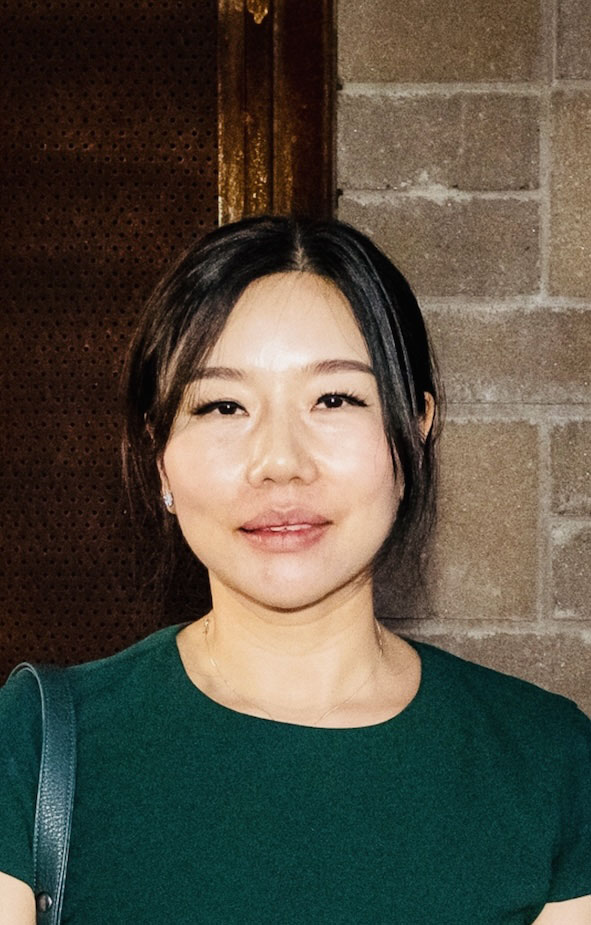
Jing Yu
Question: How did you end up in economics?
Answer: My journey into economics began with a curiosity about how the world works — especially the decisions individuals and governments make that impact society and businesses. When I took my first economics course, I realized that economics provides a framework for analyzing these decisions and their impact. The combination of logic, critical thinking, and the ability to apply theory to real-world situations drew me in.
Q: What do you like most about economics so far in your academic career?
A: I enjoy learning to use economic principles to explain and predict outcomes in diverse situations, from personal finance to global trade.
Q: What are your future career aspirations?
A: I desire to be a Certified Public Accountant (CPA) after graduation. With a solid foundation in economics, I can better understand broad market trends, consumer behavior, and the impact of fiscal and monetary policies. It will enable me to perform accurate financial analysis and make informed decisions, which I believe is essential for my future career growth. I hope to use knowledge to help my clients achieve their financial goals, secure their financial futures, and contribute to the economic well-being of their communities.
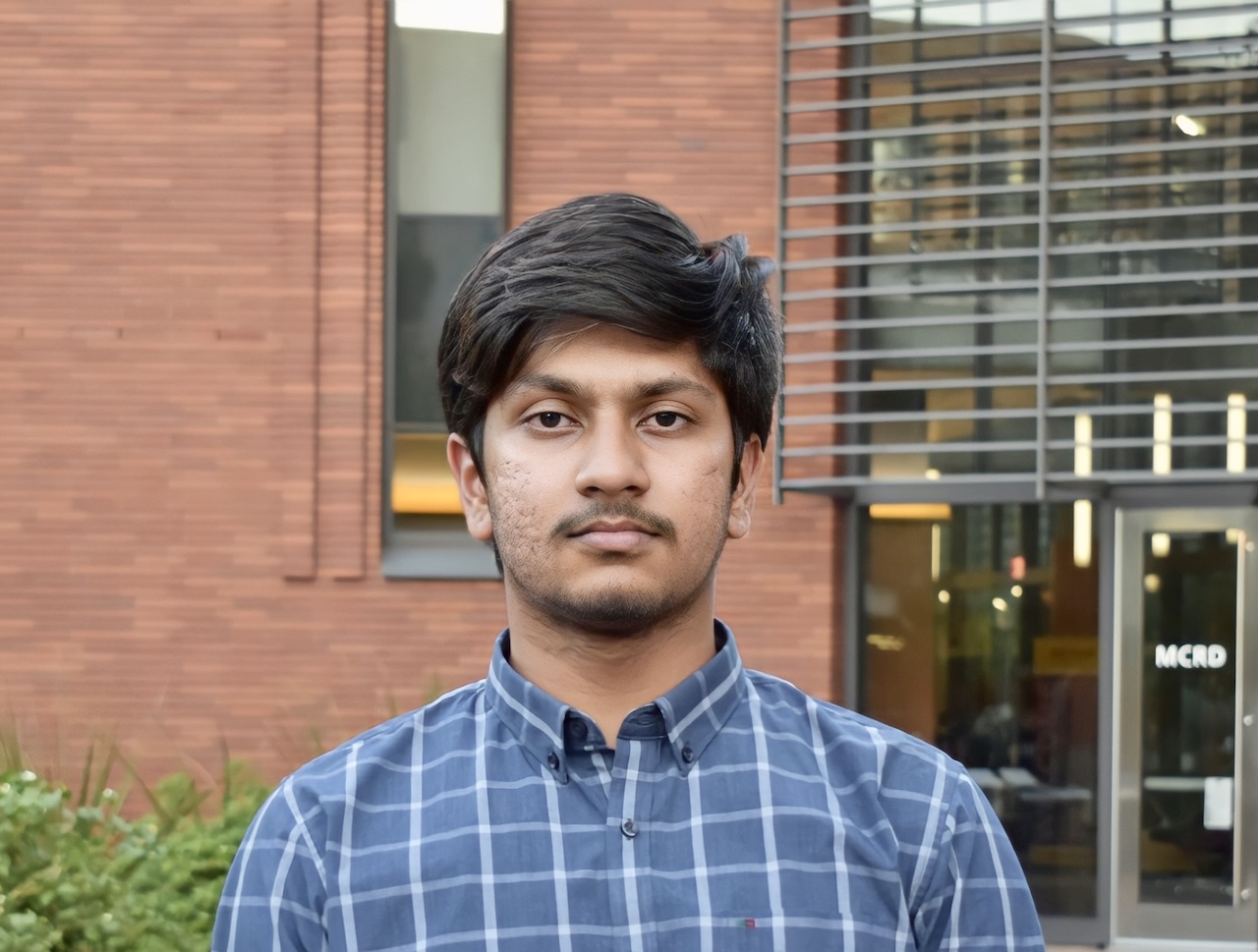
Gopal Kuppa
Q: How did you end up in economics?
A: My journey into economics began at a young age, thanks to my father. As a child, I would often watch the news and read articles about economic updates. Although I didn’t fully grasp the concepts back then, my curiosity was piqued. My father and I would have long discussions about what I read, and he would patiently explain these ideas to me. When I took my first economics class in the ninth grade, everything started to click. I finally began to understand the basic principles that had intrigued me for so long. My curiosity and desire to learn more brought me to the United States to study economics at a professional level.
Q: What do you like most about economics so far in your academic career?
A: What I enjoy most about economics is building models to answer complex economic questions. However, it's not just about the numbers for me; I also love understanding the intuition behind each step we take.
Q: What are your future career aspirations?
A: My current goal is to pursue a PhD in economics at a top program. I’m particularly interested in macroeconomics and aspire to conduct rigorous research on some of the most pressing topics in this field. My ultimate aim is to contribute to policy decisions at organizations like the IMF or the World Bank.
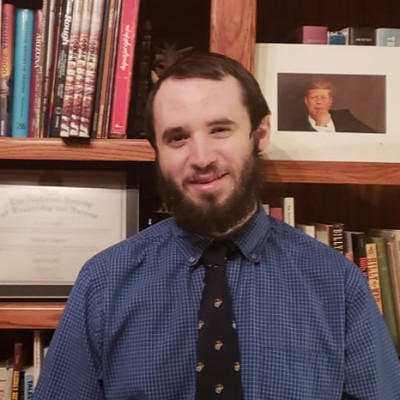
Ryan Logas
Q: How did you end up in economics?
A: My first bachelor's degree was corporate accounting. I thought a minor in economics would complement my accounting degree well. I started off by taking microeconomics and macroeconomics at community college, then transferred to ASU. Economics was just something that interested me. I later decided to transform my economics minor into a major and now I am a triple major in corporate accounting, economics, and computer information systems.
Q: What do you like most about economics so far in your academic career?
A: I would always hear about the state of the economy on the news and could never really understand what was being said. Now with the understanding of economics that I have gained from my courses, I have a good understanding of the state of the economy, such as recessions, gas prices and CPI. As soon as I found out that calculus is used in economics, it made me want to add a minor to my degree, because I have always loved math and seeing it applied to something practical like economics piqued my interest. While learning calculus in a math class, you don't see much practical application. I began to love econometrics when I was introduced to regression analysis in ECN 410 Applied Regression Analysis and Forecasting. I absolutely loved that class because I have a strong interest in programming, data analysis, and statistics, and this course had it all. Now running regressions is one of my favorite things to do. I absolutely love it! In fact, I gained so much knowledge from that class that I have even tutored people outside the school network in regression analysis. I have been the ECN 410 tutor for over a year now and I am excited to expand my knowledge and apply it to Python in the new course, ECN 310 Applied Regression and Data Analytics, as well as pass this knowledge along to my students.
Q: What are your future career aspirations?
A: I would say that my future career aspiration would be a career related to econometrics, one where I could build and run regression models all day long!
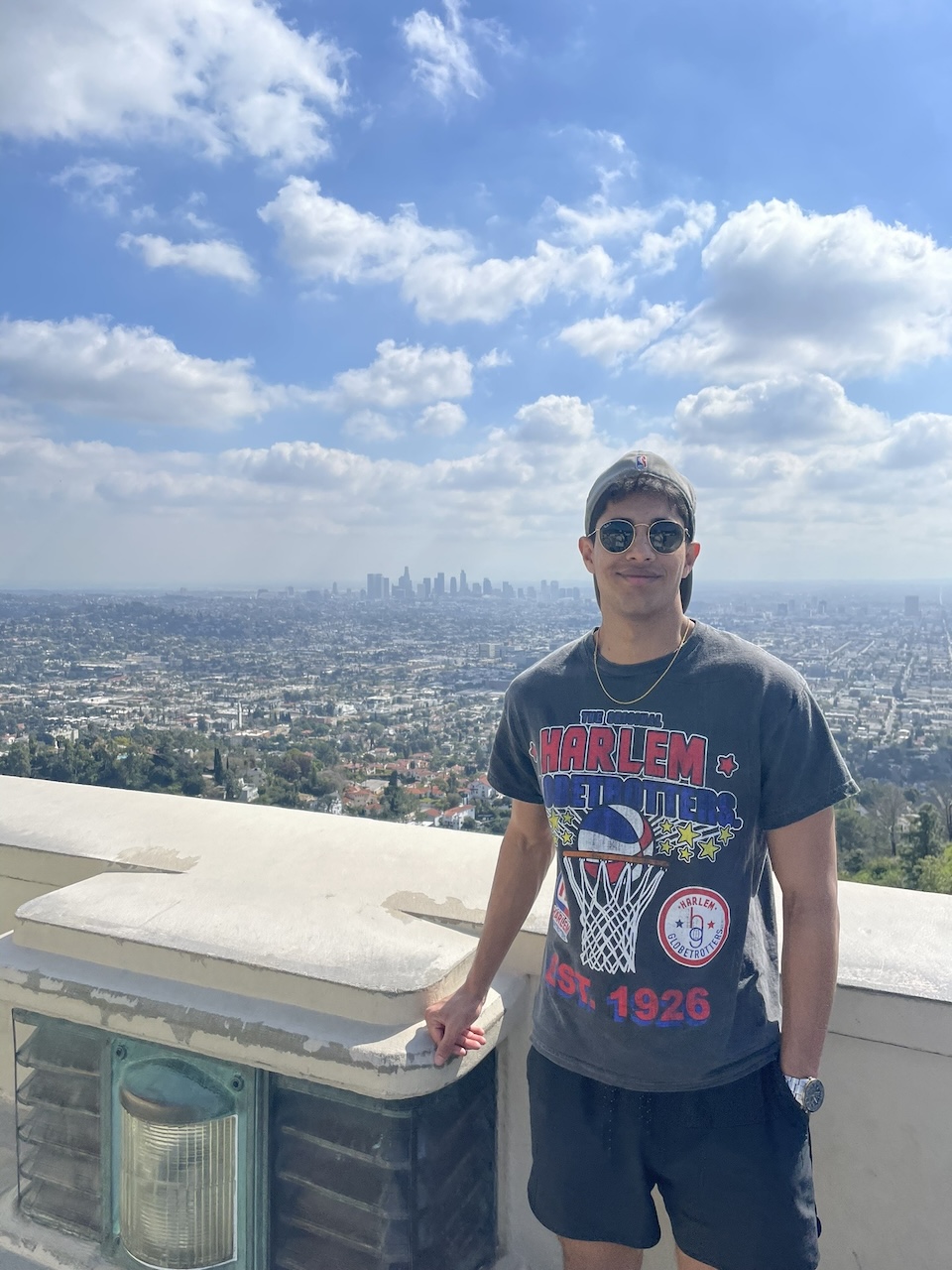
Anish Kuttetira
Q: How did you end up in economics?
A: My first introduction to economics was through AP Economics my senior year of high school. I enjoyed learning about the field and gained a greater understanding of how our economy and financial institutions work. When I went to ASU, I decided to take a minor that would be somewhat relevant to pursuing an MBA later on and decided on economics because of the AP Econ class I took in high school.
Q: What do you like most about economics so far in your academic career?
A: So far, my favorite thing about economics has been deciphering problems using both math and economic theory. Economic problems are always varied and interesting, and require a different approach every time, which is part of what makes the subject interesting to me.
Q: What are your future career aspirations?
A: In the future, I am aiming to complete a master's degree in computer science and go into tech as a software engineer, before doing my MBA and pursuing an executive track. I hope my economics minor will be useful in earning my MBA and my future career.
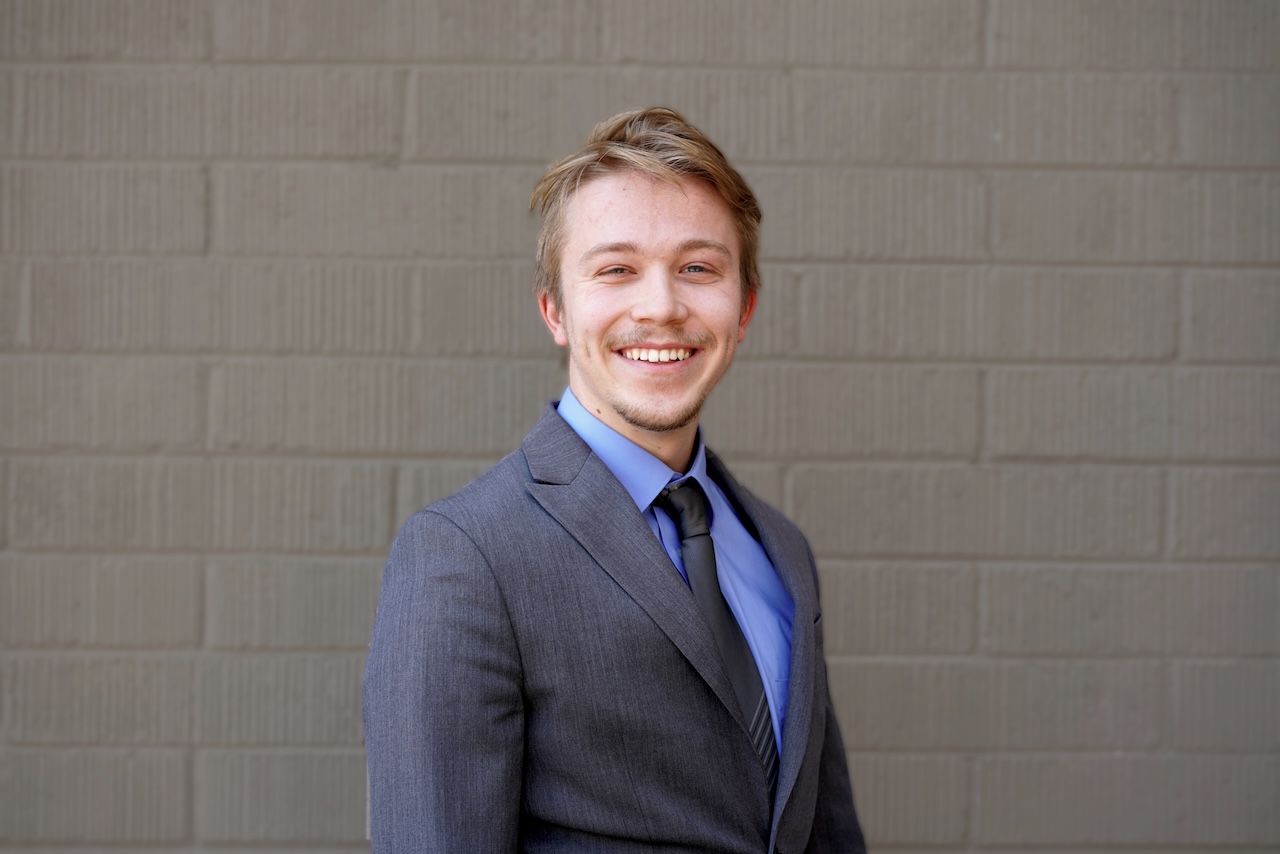
Linus Ros
Q: How did you end up in economics?
A: I grew up reading a lot of news and generally having a lot of questions about how the world works. That interest grew and grew until I knew that I wanted to study something that would explain systems of human behavior.
Q: What do you like most about economics so far in your academic career?
A: I love economics because it's a fascinating puzzle. Sometimes seemingly complicated problems have a simple solution and vice versa.
Q: What are your future career aspirations?
A: I intend on pursuing a graduate degree in economics and thereafter attending law school.
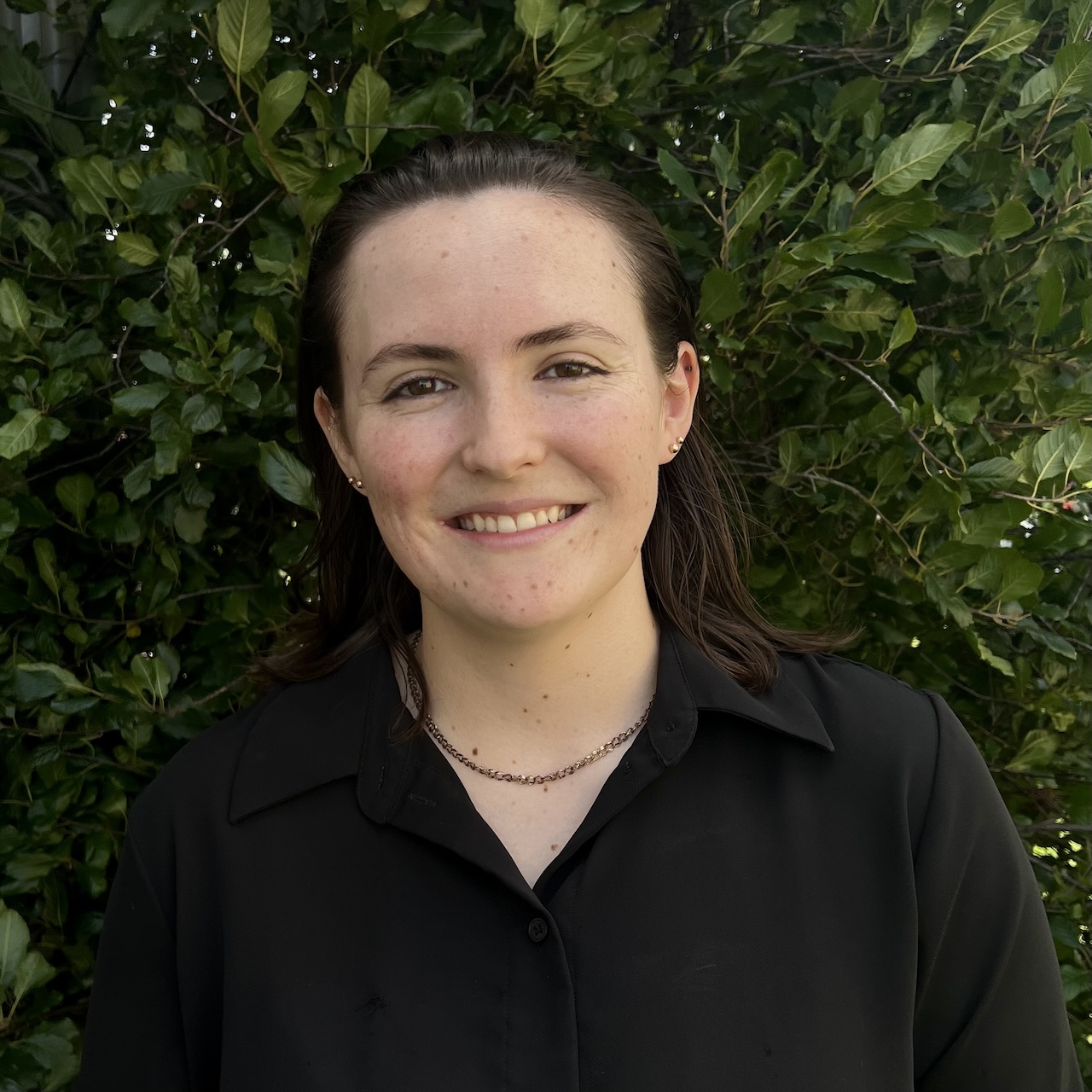
Calli Clark
Q: How did you end up in economics?
A: My whole life I have been obsessed over how systems work and how they are interconnected. Economics is a massive system with continuously moving pieces, so I fell in love with it after taking my first macroeconomics course.
Q: What do you like most about economics so far in your academic career?
A: One of my favorite aspects of economics is the mathematical portion and running statistical software.
Q: What are your future career aspirations?
A: My future career aspiration is becoming a lawyer in either tax law, real estate law, or estate law.
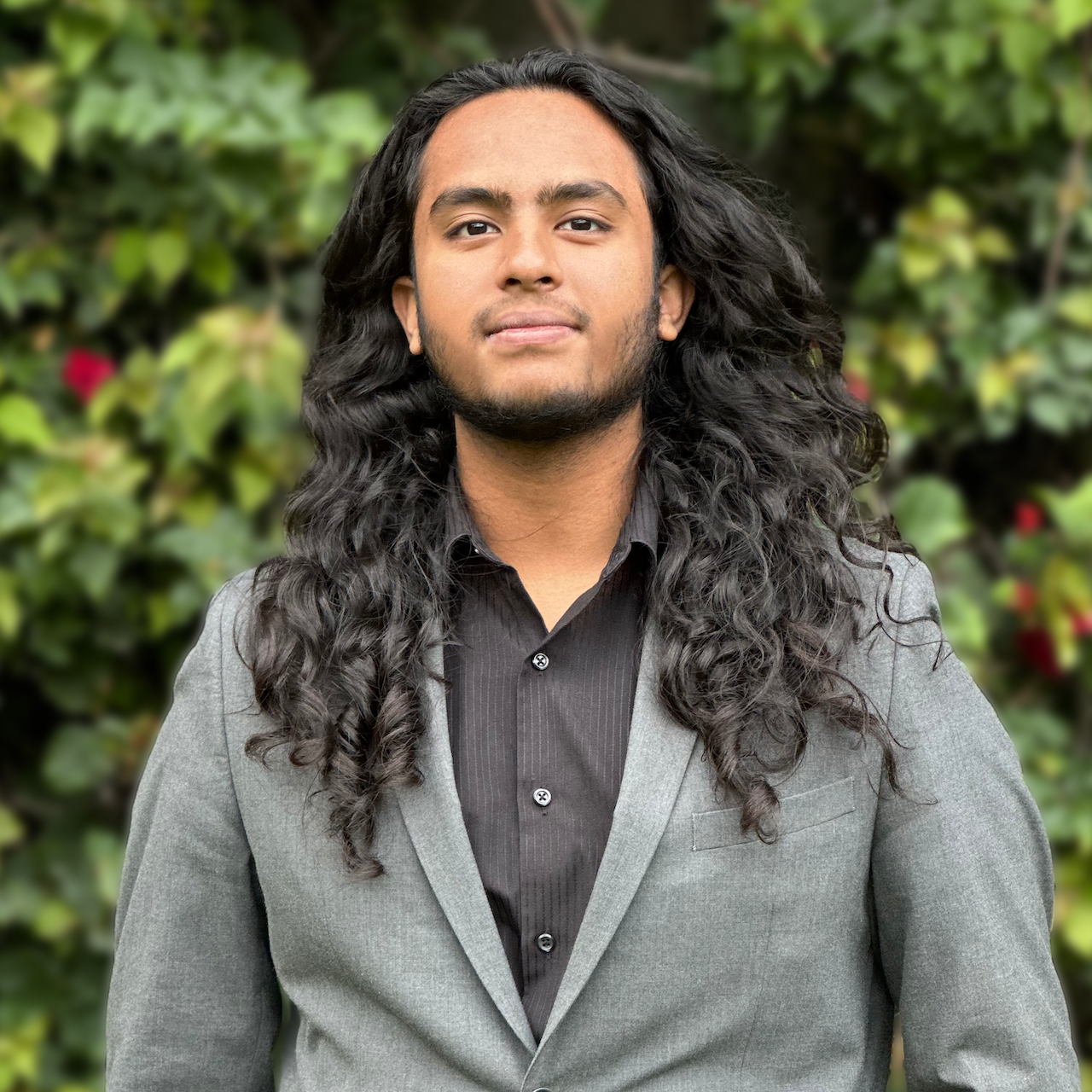
Siddharth Mehta
Q: How did you end up in economics?
A: I was first introduced to economics in eighth grade, and the subject immediately fascinated me with its unique approach to understanding decisions. Interested in exploring it further, I dove into economics competitions the following year through the National Economics Challenge. My team represented Arizona for the following three years, ultimately placing second in the nation in my junior year. This journey of competition and learning deepened my love for economics and set me on my current academic path.
Q: What do you like most about economics so far in your academic career?
A: What fascinates me most is the bridge between using economics to understand decisions and using it to make decisions. This aspect became particularly clear during my econometrics class, where we explored how policymakers can leverage economic data and analysis to guide policy decisions. The practical application of economic theory to real-world problem-solving is, in my opinion, the most exciting.
Q: What are your future career aspirations?
A: I hope to work in strategy roles within the financial services and investment industry early on. My goal is to combine my economics and data science education with practical investment and advisory experience to learn more about financial decision-making and capital allocation. I'm particularly interested in areas that blend quantitative analysis with strategic thinking to drive investments.
Andrew Bertsch
Q: How did you end up in economics?
A: I had a really great AP micro teacher in high school that got me hooked on economics as a way of understanding the world.
Q: What do you like most about economics so far in your academic career?
A: My favorite thing about being in economics is learning how economic policy can be used to improve people's lives.
Q: What are your future career aspirations?
A: Currently, my biggest career aspiration is to work at the World Bank in development economic policy.
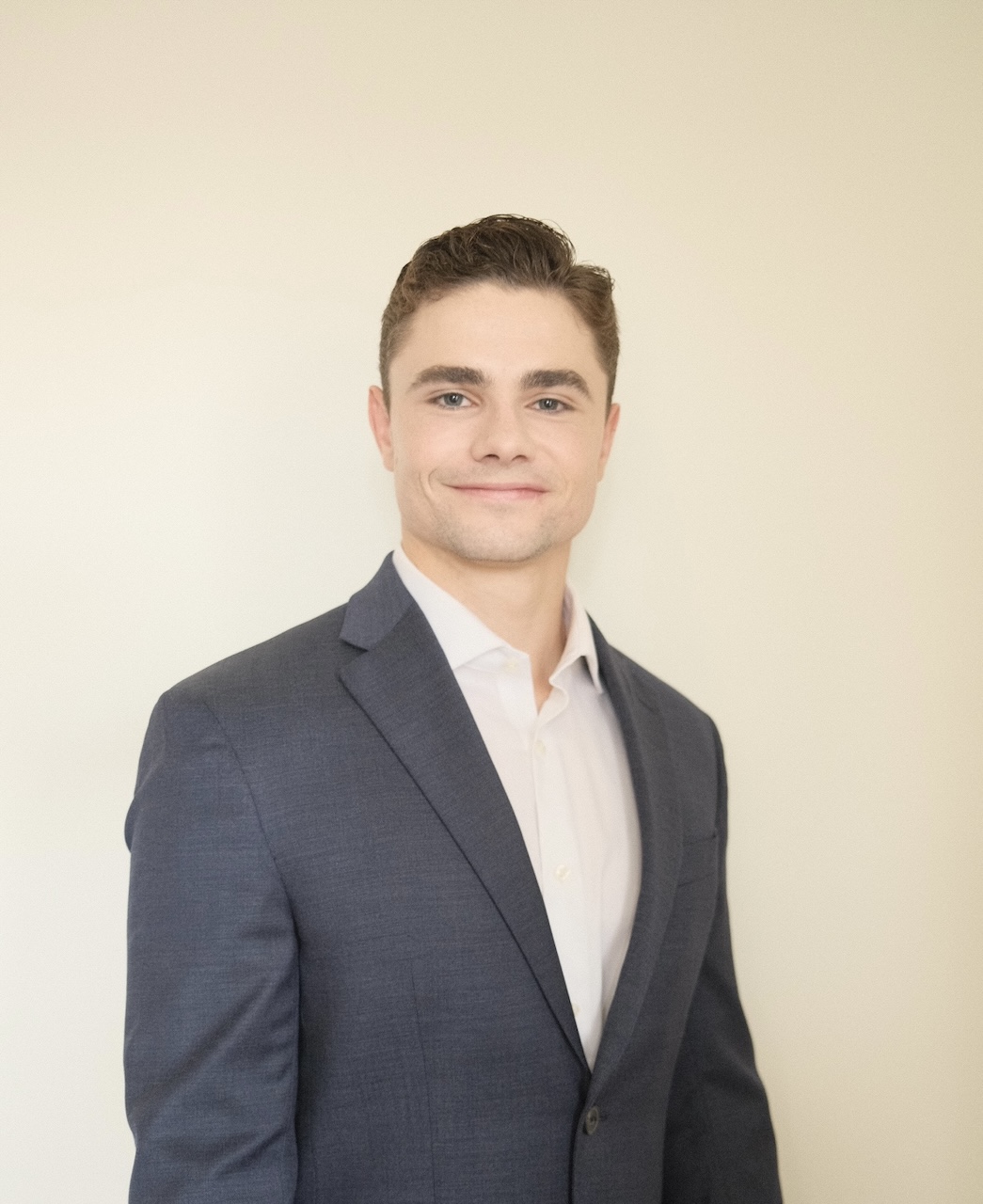
Brandon Kuhl
Q: How did you end up in economics?
A: I ended up in economics thanks to my high school teacher, Mr. Fraser. He had a way of making the subject come alive, and his enthusiasm made me genuinely enjoy it.
Q: What do you like most about economics so far in your academic career?
A: I appreciate how economics isn't just confined to the classroom. It is a field that applies to real-world situations and helps us understand the complexities of life.
Q: What are your future career aspirations?
A: My future career aspiration is to work in consulting, where I can help businesses achieve their goals, whether that's through acquisition, scaling, or other strategies.
Meet the Spring 2025 scholars
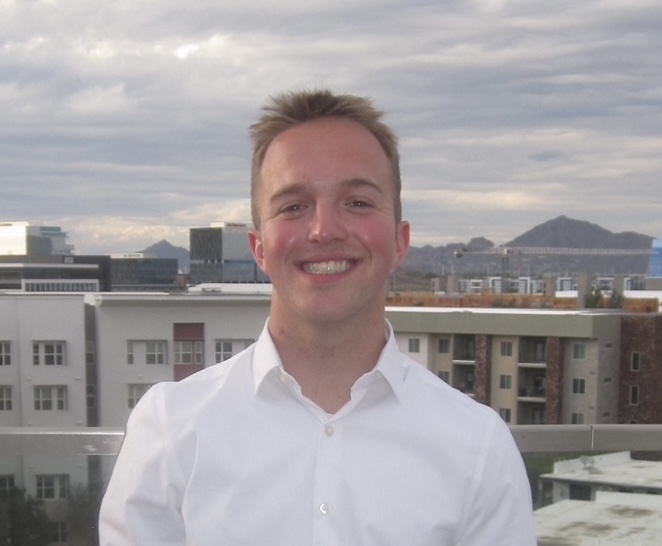
Dylan Bealey
Q: How did you end up in economics?
A: Entering college, I was considering a career in government but knew that I would rather do something a little more behind-the-scenes and analytical instead of holding a public-facing role. For this reason, I declared a major in politics and the economy to take political science courses that leaned more into economic influences all the way up to the international level.
Q: What do you like most about economics so far in your academic career?
A: I am also pursuing a mathematics degree, and I have come to believe that math is best done when its usefulness is obvious. In economics, the graphs and equations utilized are never as abstract as one might initially view them — they are direct reflections of human behavior which we can easily connect our own experiences to. I especially enjoyed POS 486 International Political Economy, and ECN 312 Intermediate Microeconomic Theory, as I felt that they served as really great intersections of my academic interests.
Q: What are your future career aspirations?
A: I plan to attend graduate school and eventually work in analytics for either a political agency or a sport national governing body. I am especially intrigued by issues of wealth inequality and youth development and hope to find a position that enables me to improve these challenges!
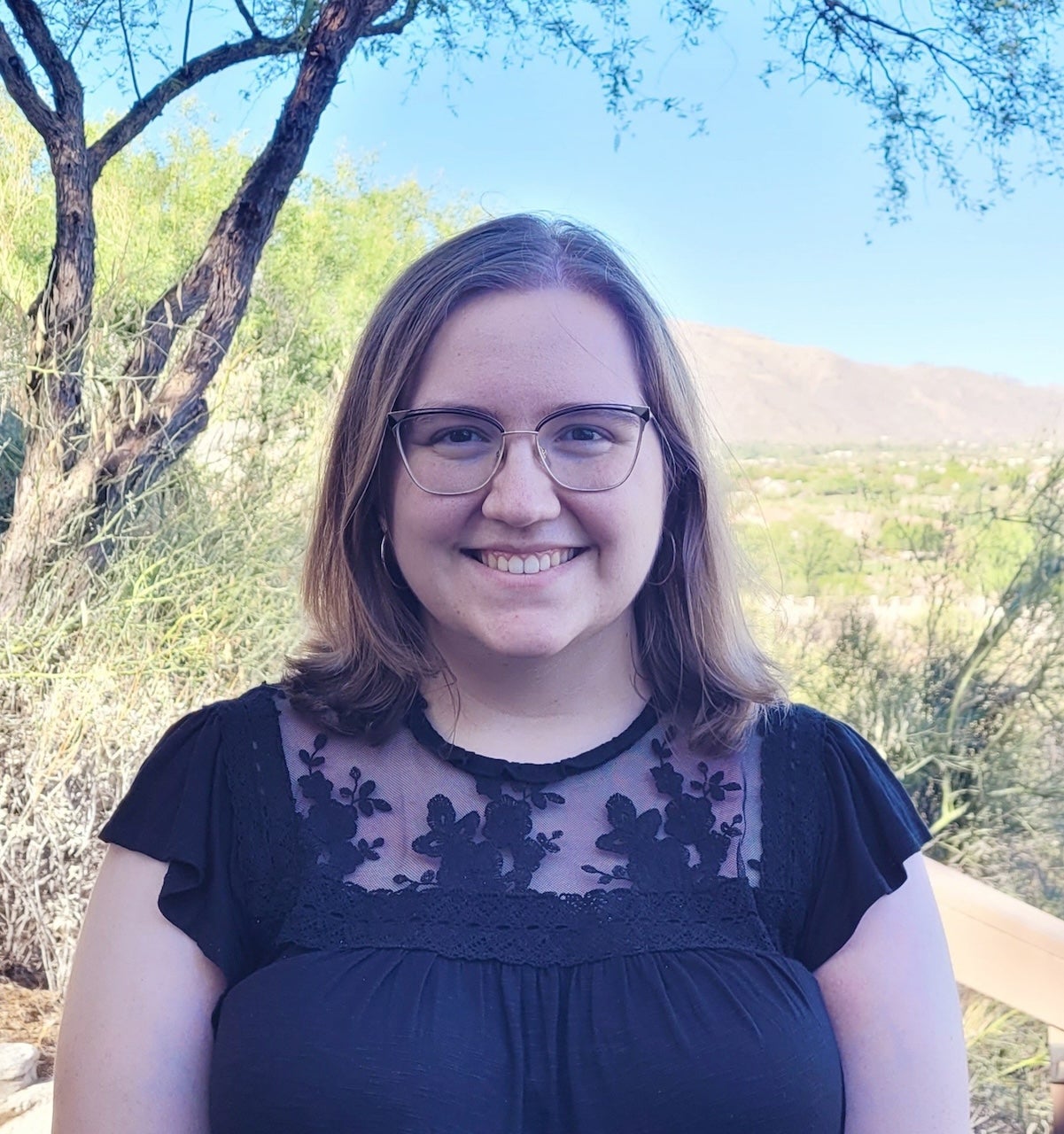
Cydney Lowrie
Q: How did you end up in economics?
A: If you would've told my younger self that I'd end up in economics, I would've laughed at you. I didn't really know what economics was growing up, but I knew that it was important and that I wanted to learn more about it. After my first day in my high school AP Macroeconomics class, I knew this was something I loved and something that I wanted to surround myself with. Soon after that, I decided to pursue an economics degree only knowing what I'd learned in the class, and I never looked back. Despite being terrified that economics wasn't a good fit for me, I took a leap of faith, and I'm so grateful I did! I've met so many incredible people, challenged myself to do difficult things, and done so much more that I didn't think possible. If I hadn't taken that high school class when I did, I wouldn't be on the path that I'm on now, and I can't even imagine where I'd be otherwise!
Q: What do you like most about economics so far in your academic career?
A: So far in my academic career, there are two things that I like about economics the most. First, I love how challenging it is, as it's a very analytical subject filled with problem solving. There's never a dull moment, and although it can be difficult at times, I appreciate how it challenges me to look from different perspectives and think outside of the box. Second, I also love how applicable economics is to the real world, as it's something that can be analyzed across the world, time, and history. You can see how the actions of some people may affect the actions of others, or even how the actions of a government can affect citizens, industries, etc. These relationships are fascinating to me, and it's interesting to analyze human behavior in this way.
Q: What are your future career aspirations?
A: I am working towards becoming either a financial planner or financial advisor. This is something that I have my mind set on for my future career. I want to aid people in managing their money wisely while accomplishing as many of their life goals as possible with the money they have. Whatever their goals are (saving for their dream house, financing their children's education, or even planning for retirement), I want to help make dreams a reality. I've always wanted to help others in any way that I can, and with my degrees in economics and finance, this is the best of both worlds!
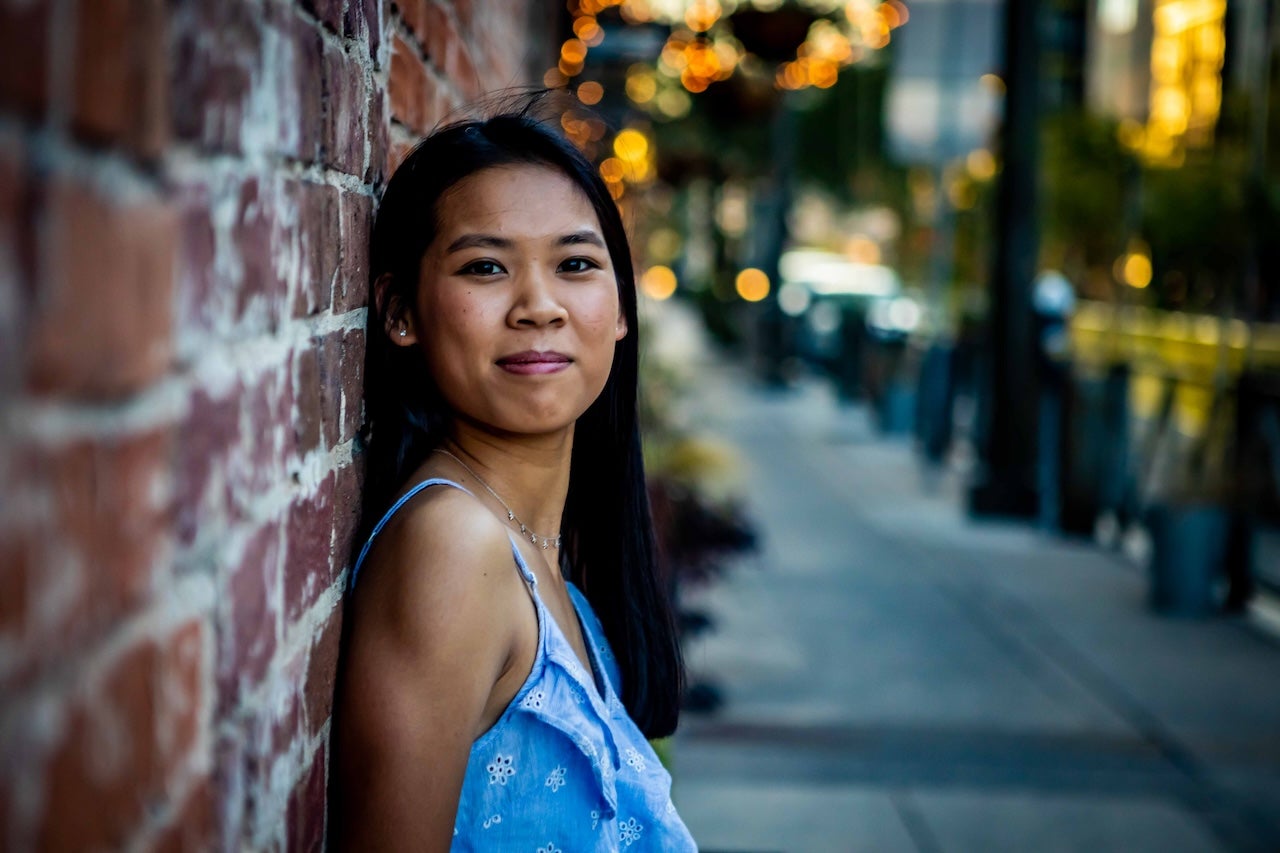
Sarah Turner
Q: How did you end up in economics?
A: I decided to study economics because I enjoy exploring the choices individuals and groups make and the ripple effects those choices have on society.
Q: What do you like most about economics so far in your academic career?
A: So far, my favorite part of studying economics has been applying its theories to practical problems and using an economic perspective to explain real-world issues and policies.
Q: What are your future career aspirations?
A: Looking ahead, I plan to attend law school and pursue a career in law as either a trial attorney or a copyright lawyer.
Latest news
- Fall 2025 W. P. Carey Dean's Medalists honored at celebratory luncheon
Top grads from each program recognized for academic excellence and lasting impact on the ASU…
- Teaching with intelligence: Elevating human value in the age of AI
W. P.
- Student projects provide HR solutions for Valley companiesIn MGT 426: HR Consulting Projects, designed by Professor Eric Knott, students serve as HR consultan